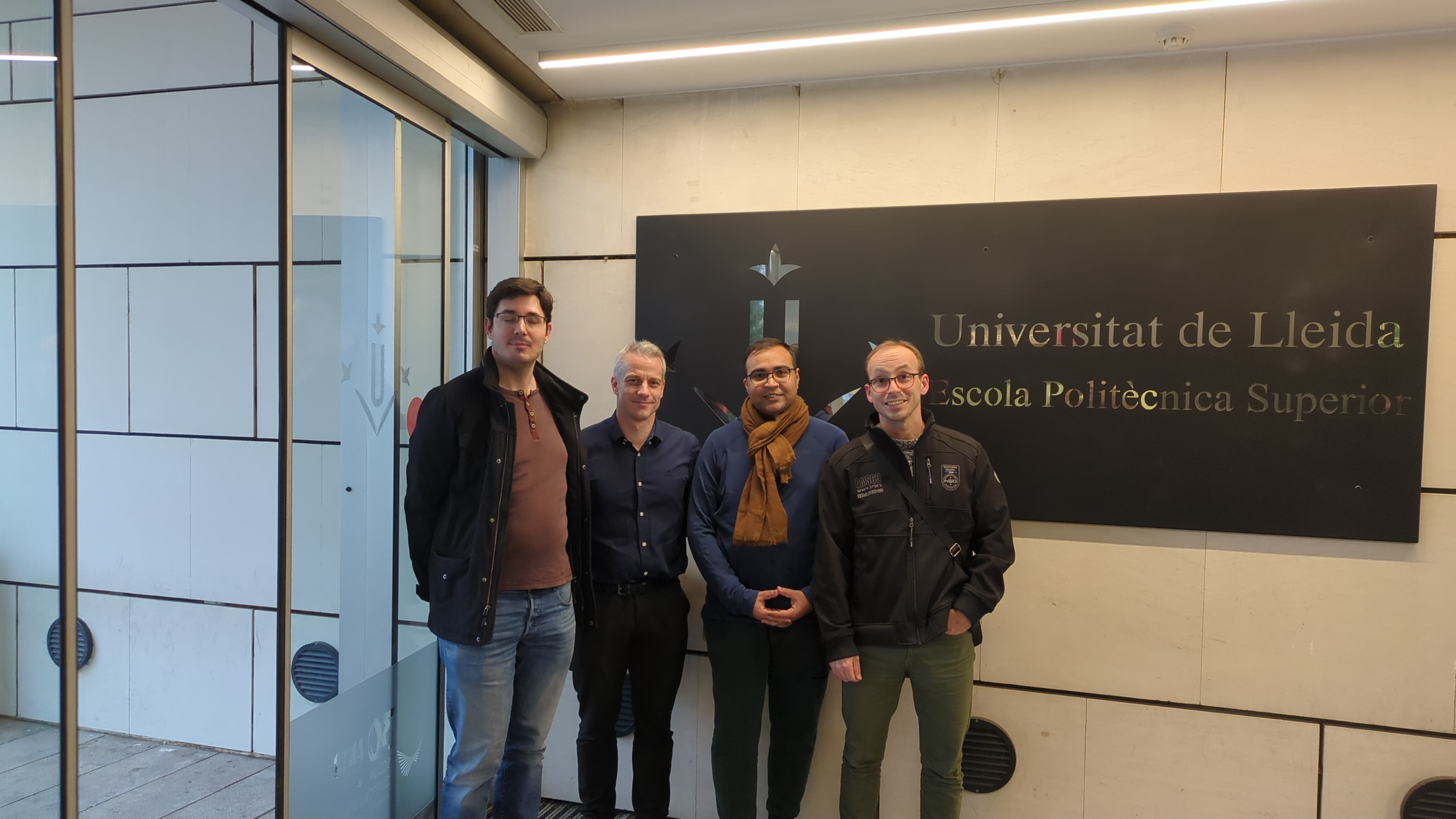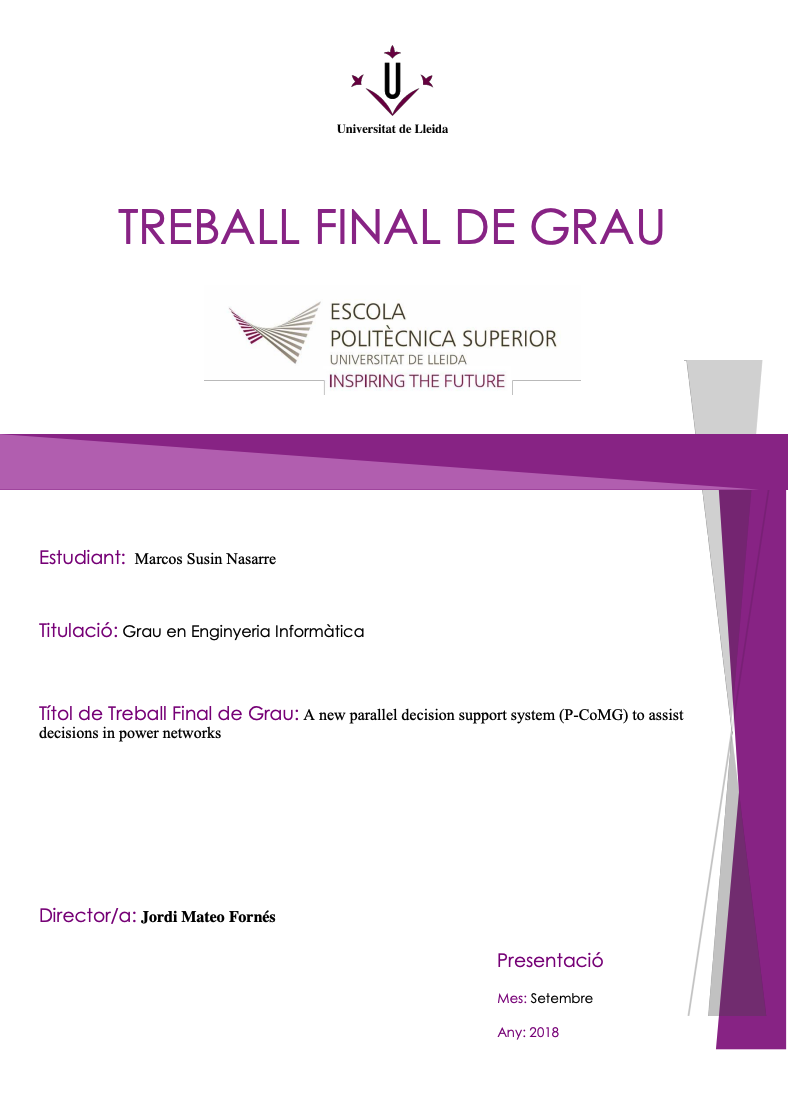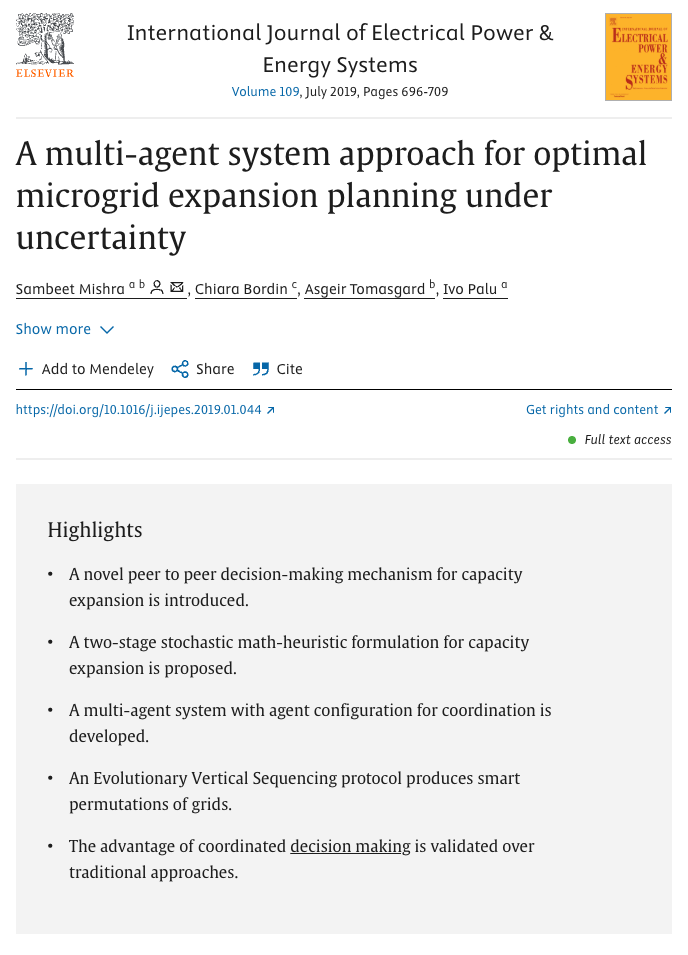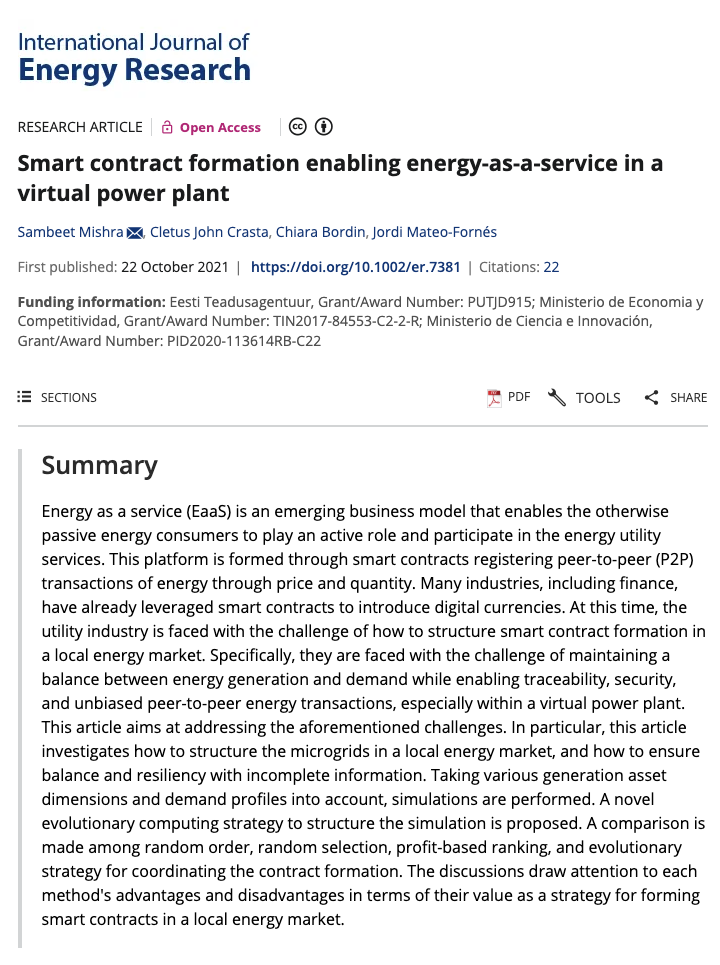Energy Informatics
energy informatics, distributed computing, power systems, resilience, scalability, flexible markets
Need for Power?

Introduction and Motivation
The electric power grid field is undergoing a profound transformation driven by two interconnected trends:
- Increasing uncertainty, driven by the high penetration of intermittent renewable energy sources (RES), such as solar and wind.
- Decentralization of energy production, control, and decision-making, enabled by the adoption of distributed energy resources (DERs), battery storage systems, and electric vehicles (EVs).
These trends challenge traditional centralized grid paradigms, which are not suitable to handle the growing complexity, variability, and scale of modern power systems. As a result, there is a need for novel computational and architectural approaches that support real-time, scalable, and intelligent decision-making. Hence, this research line integrates distributed continuum computing with modern power systems engineering to address critical challenges in three interrelated areas:
Resilience: Ensuring robustness against unpredictable failures and maintaining operational continuity in the presence of uncertainty and volatility. The focus is on how continuum architectures can prevent or contain cascading failures in distributed power grids.
Scalability: Managing real-time coordination and optimization of millions of heterogeneous DERs and controllable loads. The research explores whether graph neural networks (GNNs) or physics-informed neural networks (PINNs) can provide faster, more scalable alternatives to traditional optimization solvers.
Flexible markets: Adapting to rapidly changing grid conditions and enabling dynamic participation of consumers and prosumers in energy markets. The research aims to investigate what mechanisms are needed to support flexible, real-time electricity markets.
These pillars are not isolated; they form a mutually reinforcing foundation for a future grid that is resilient, scalable, and responsive. Hence, to support the development and validation of such architectures, the research also targets kernel- and middleware-level innovations for large-scale, distributed power system simulation. These tools will be essential for evaluating new algorithms, control schemes, and market mechanisms under realistic scenarios.

Team
The research line is coordinated by the Distributed Computing Research Group at the University of Lleida (UdL) in Spain, in collaboration with the University of South-Eastern Norway (USN). The team includes:
- Dr. Sambeet Mishra (USN) - Expert in power systems.
- Dr. Jordi Mateo (UdL) - Specialist in distributed computing.
Activities & Collaborations
There is an established inter-disciplinary collaboration between the research groups, members of the groups including PhD candidates for mobility, research visits and joint national and international projects.
Finalised Projects
Coordination of Microgrid Expansion Planning
This project focuses on the optimal expansion planning of microgrids under uncertainty, using a multi-agent system approach. The goal is to develop a decision support system that can efficiently coordinate the expansion of microgrids while considering uncertainties in demand and generation.
Energy-as-a-Service (EaaS)
This work examines the organization of microgrids within a local energy market, requiring a framework for efficient decentralized energy operation and system resilience. One practical approach is forming Virtual Power Plants (VPPs), which consolidate distributed generation and storage into a single unit. Smart contracts on blockchain enable automated transactions without central oversight but face challenges due to incomplete supply and demand information.
Research Visits
- Sergi Lopez, a Lecturer from the University of Lleida (UdL) and member of the Distributed Computing Research Group, visited the University of South-Eastern Norway (USN) for a period of 3 months during his PhD studies in summer 2024. The aim of the visit was to develop oracles for bid validation in local energy markets using various consensus mechanisms. His works includes a comparative study of public-private cross-chain consensus strategies between Local Energy Markets (LEMs) and Distribution System Operators (DSOs).
Ongoing Projects
Graph Neural Networks (GNNs) for Power Systems
This project explores the application of GNNs to model power flow in electrical networks. By learning from historical grid data, GNNs can replace conventional solvers, offering faster and more scalable real-time predictions. The research aims to improve adaptability under dynamic grid conditions and support the transition to smarter, data-driven power system operations.
Knowledge Graphs for Power Systems
We are designing domain-specific knowledge graphs to structure heterogeneous information from the energy domain, such as asset metadata, grid topology, and operational data. These graphs enable advanced reasoning, fault diagnosis, and decision support through semantic enrichment and inference, laying the foundation for explainable AI in power system management.
Cloud Continuum for Power Systems
This initiative investigates distributed intelligence across cloud, fog, and edge layers to support scalable energy management. The focus is on orchestrating real-time decision-making across a cloud continuum using Edge AI and TinyML. The project focuses on system resilience and latency-aware control, which are critical for integrating renewable energy and decentralized resources.
Workshops and Seminars
2025 University of Lleida (UdL) Workshop on Distributed Computing and Power Systems: Workshop between the Distributed Computing Research Group at UdL and the University of South-Eastern Norway (USN) to discuss ongoing research, share findings, and explore future collaborations in distributed computing and power systems. The workshop was held in Lleida, Spain, on January 2025.

Background & Publications
- Mishra, S., et al. (2022). Smart contract formation enabling energy-as-a-service in a virtual power plant. Int. J. Energy Research, 46(3), 3272–3294.
- Mishra, S., et al. (2019). Reliability framework for power network assessment.


